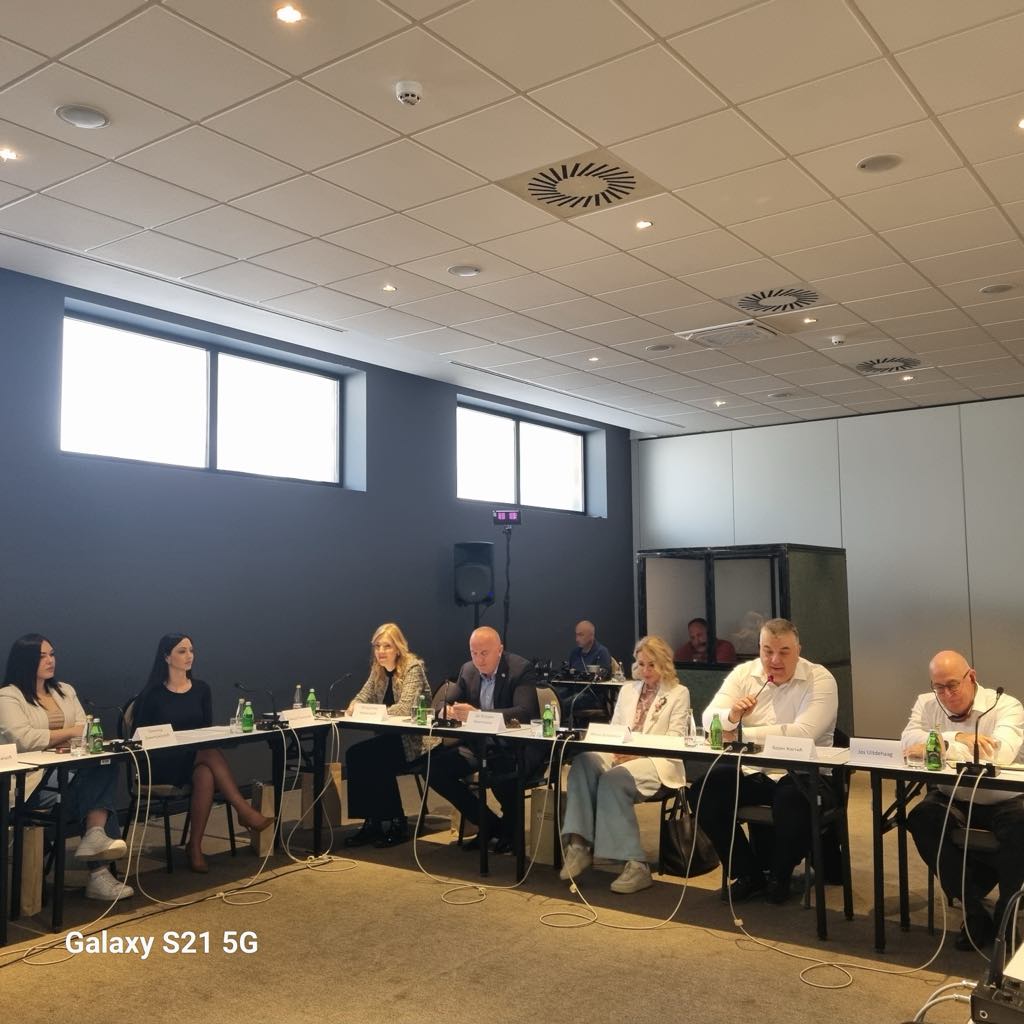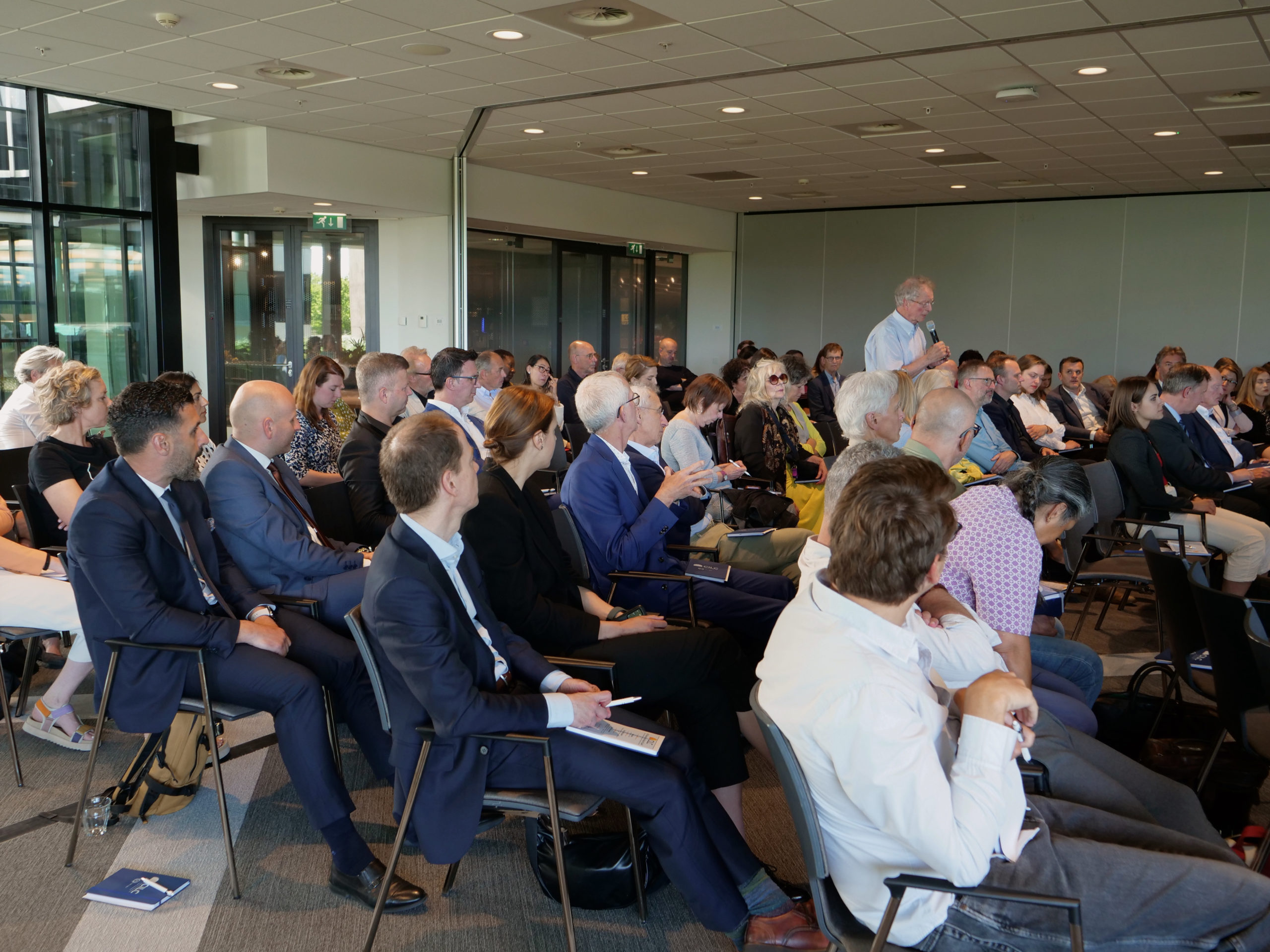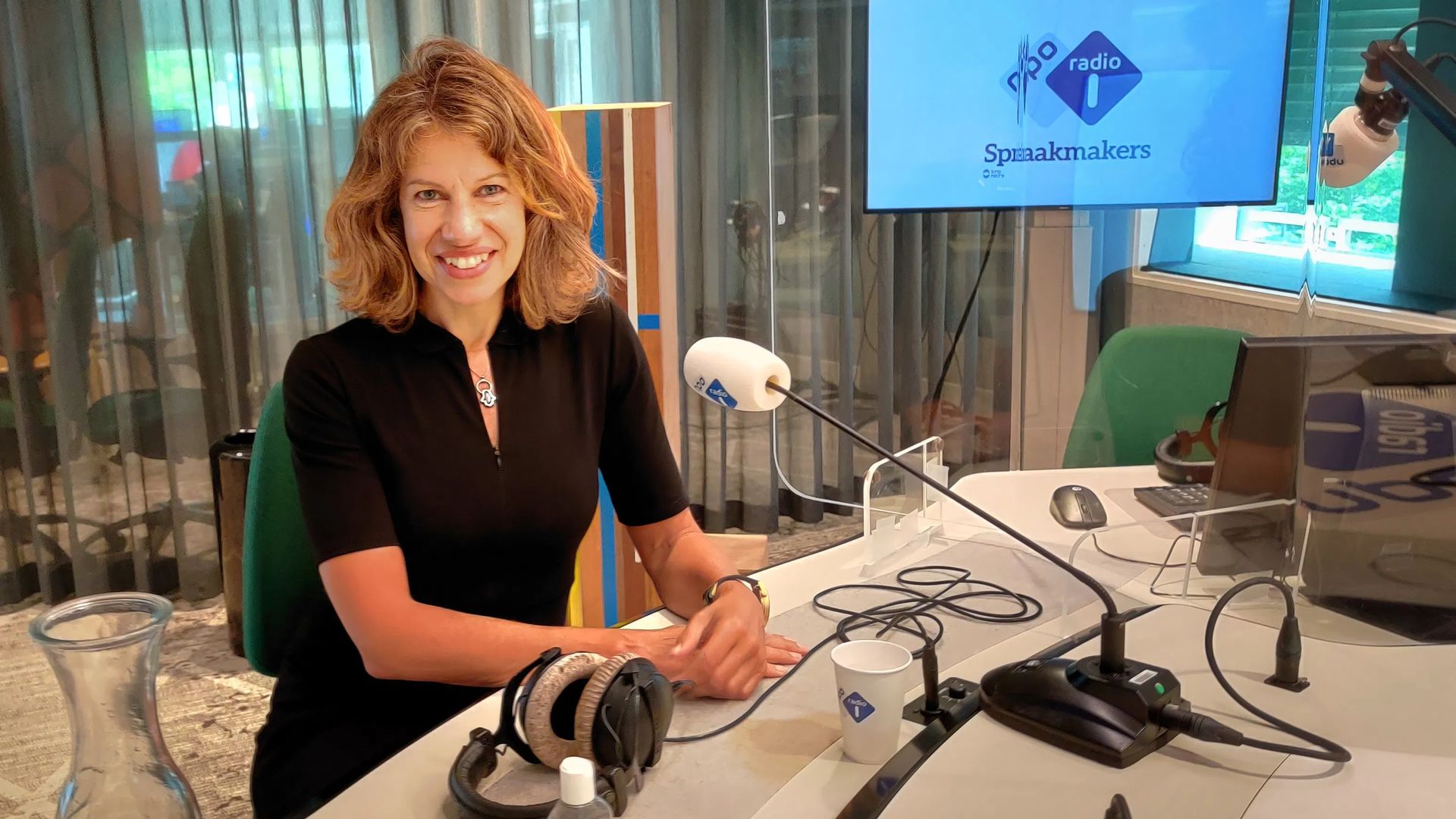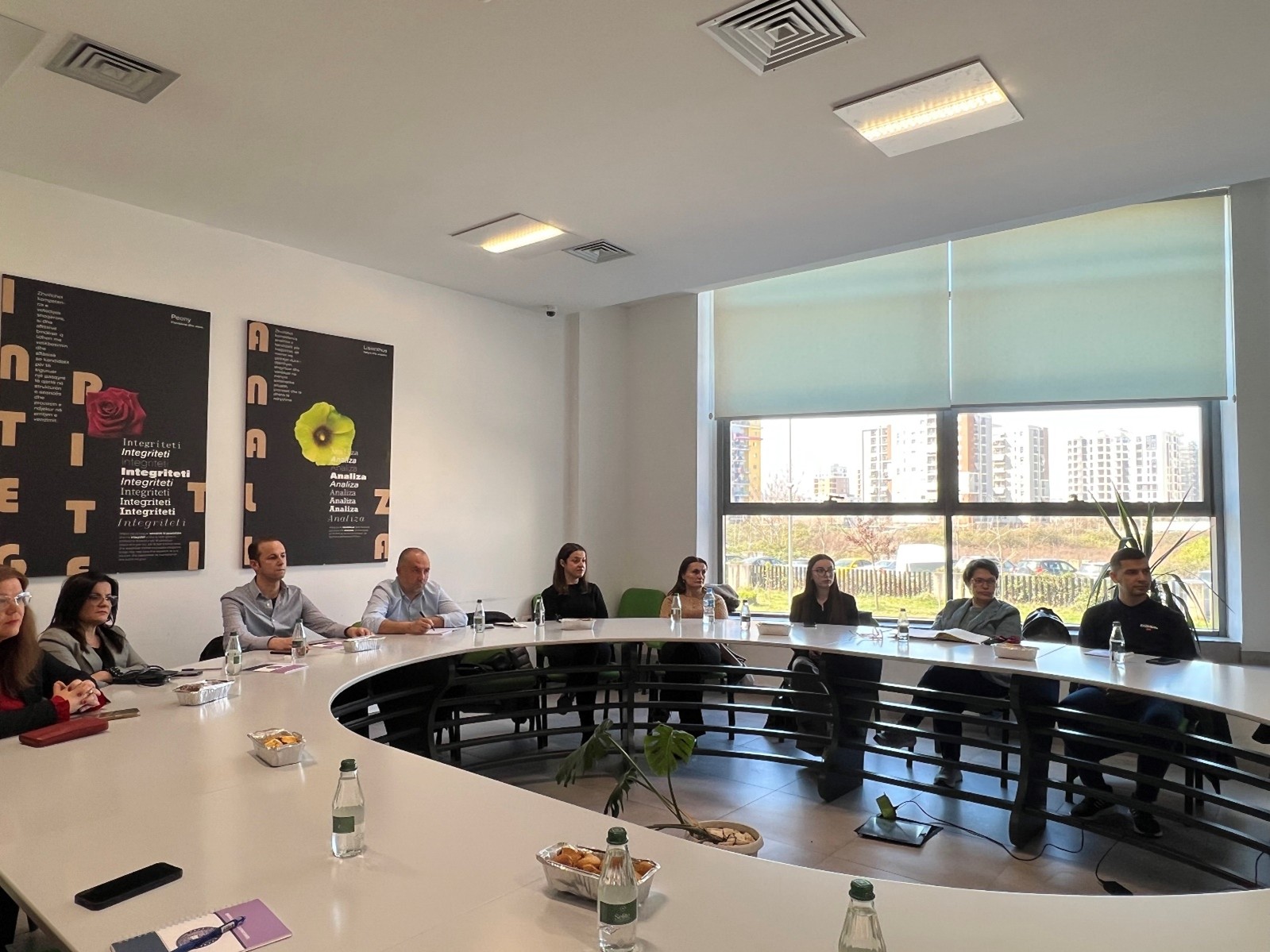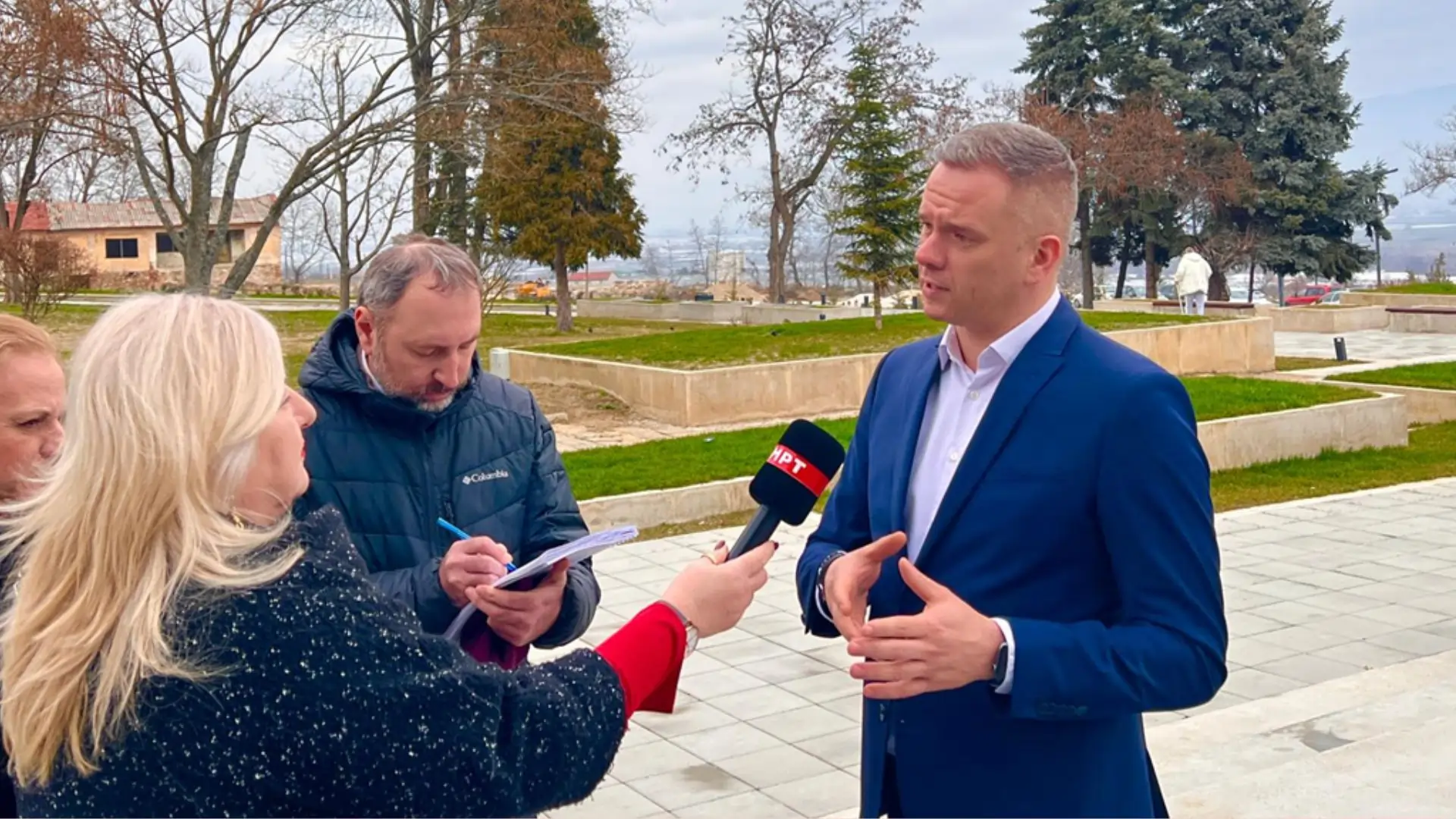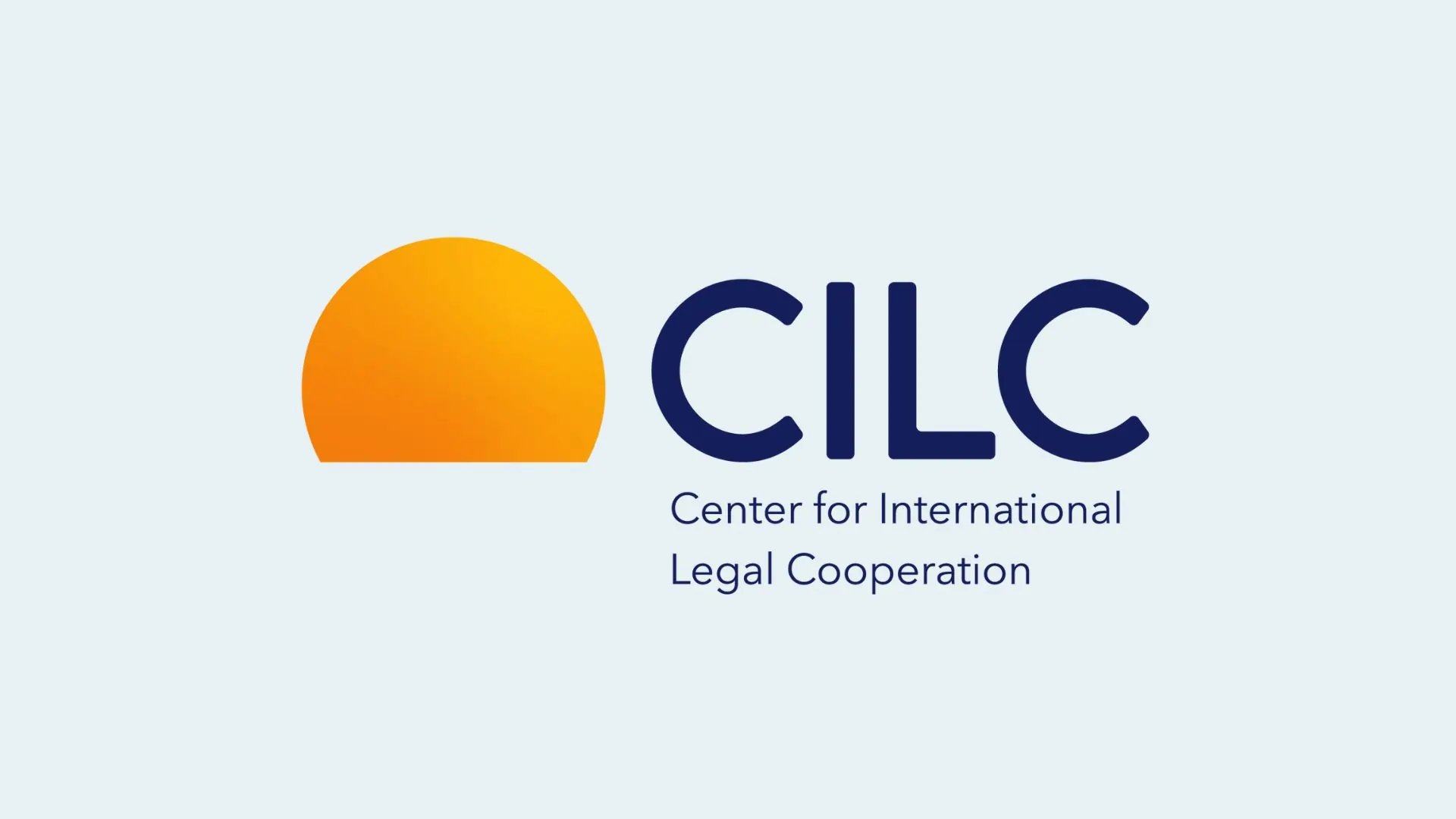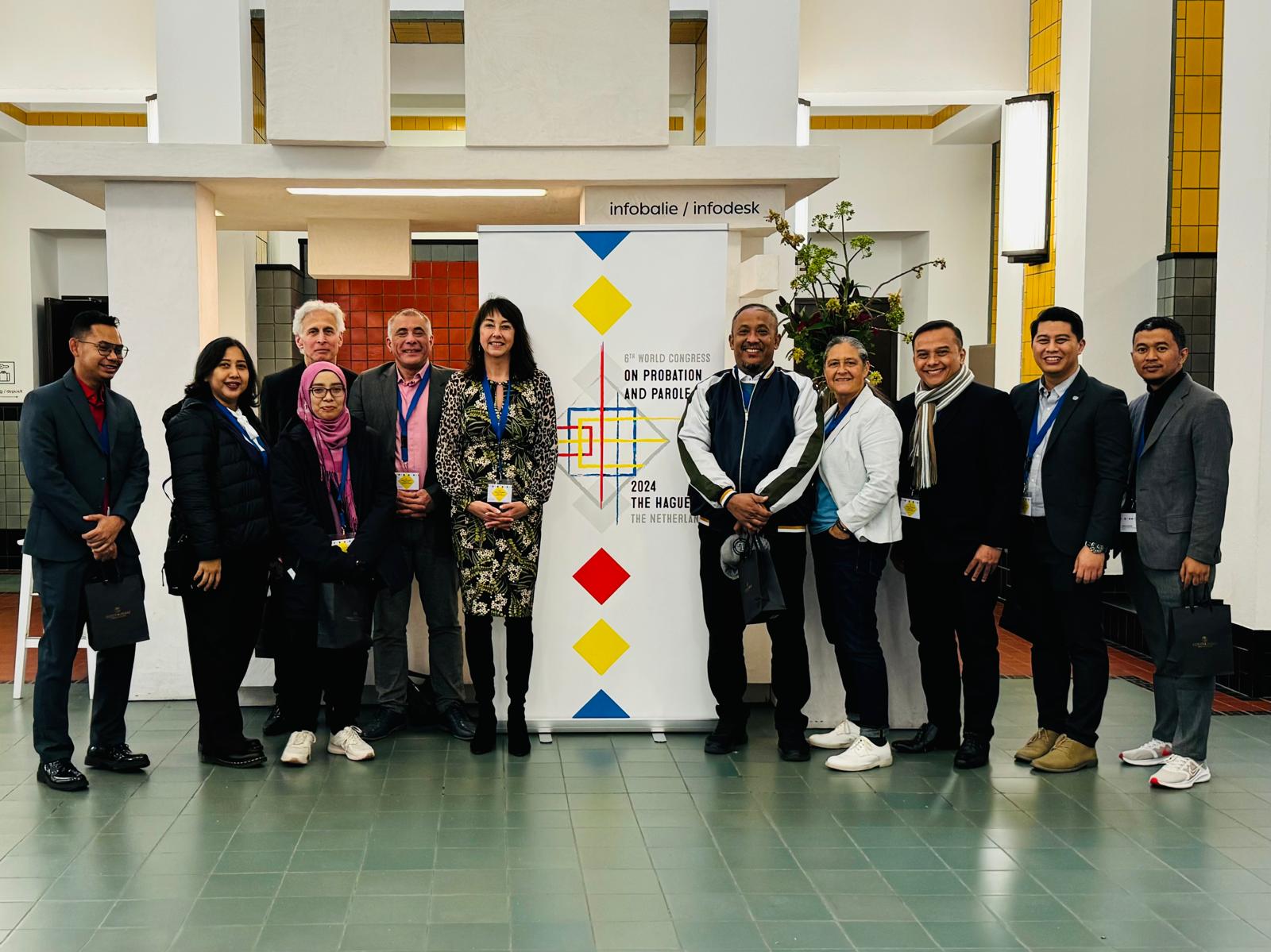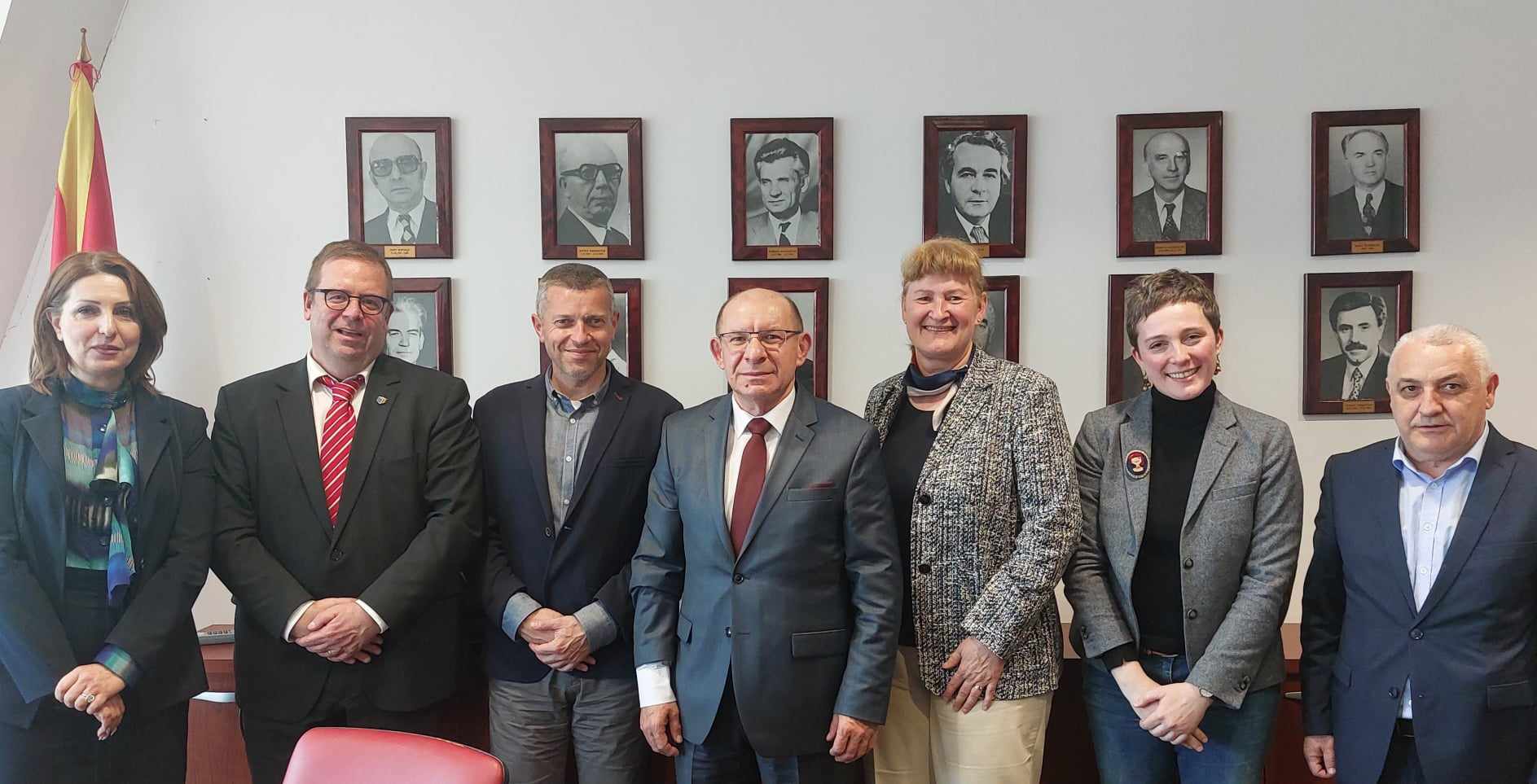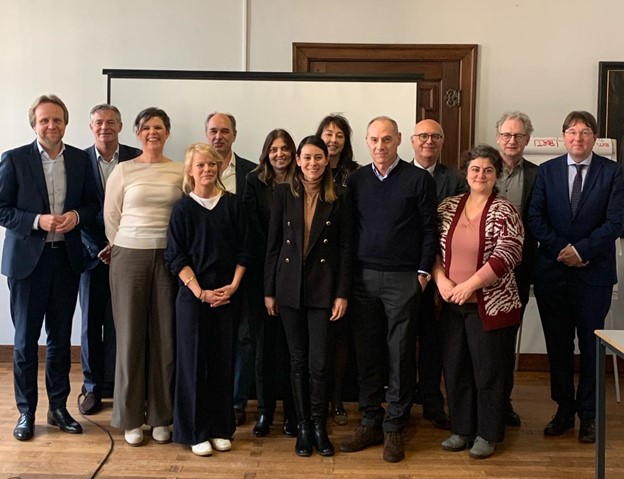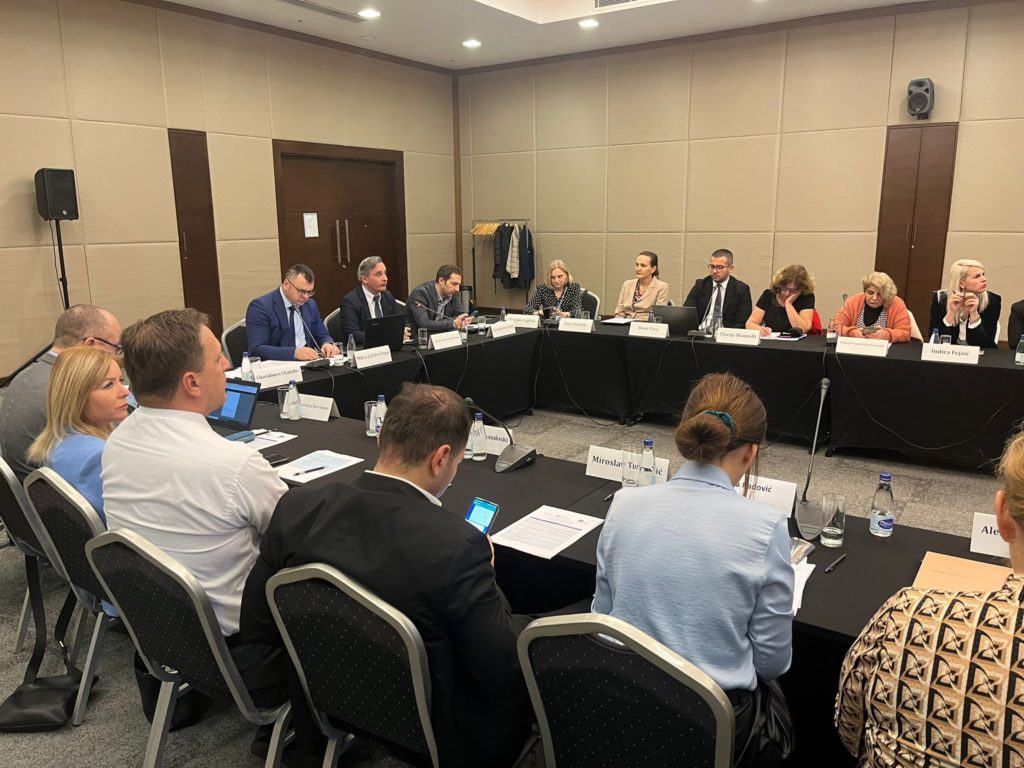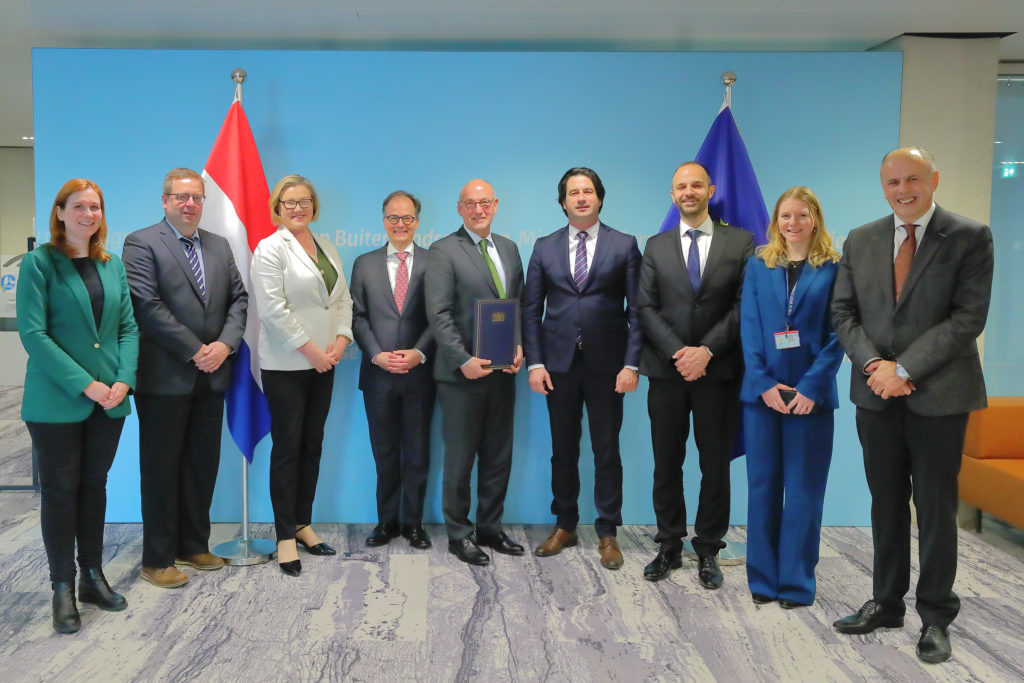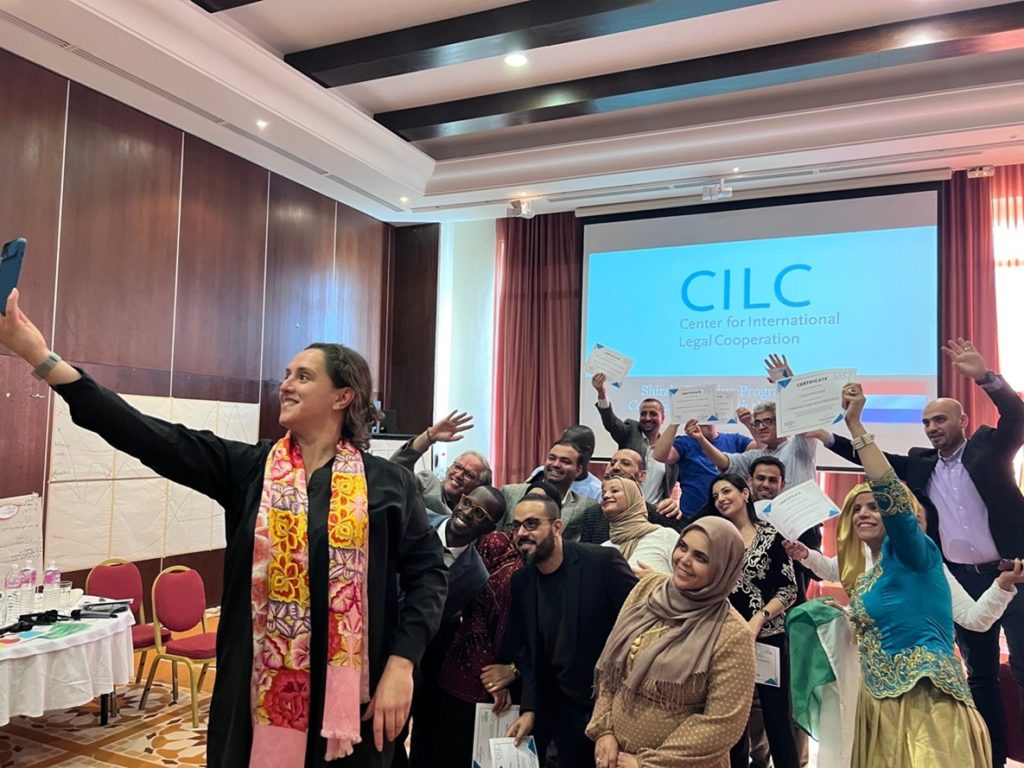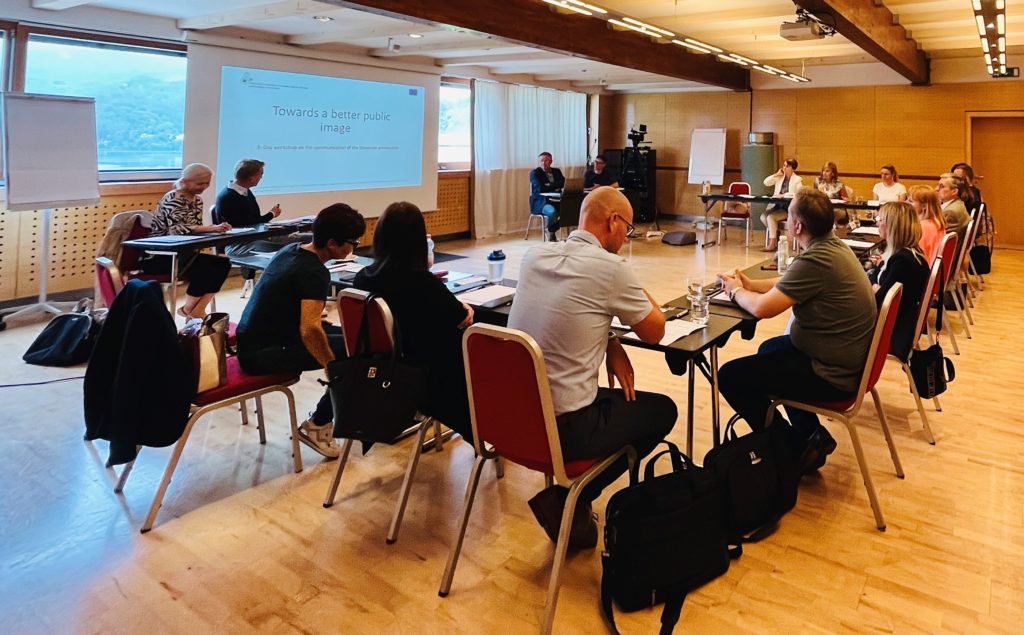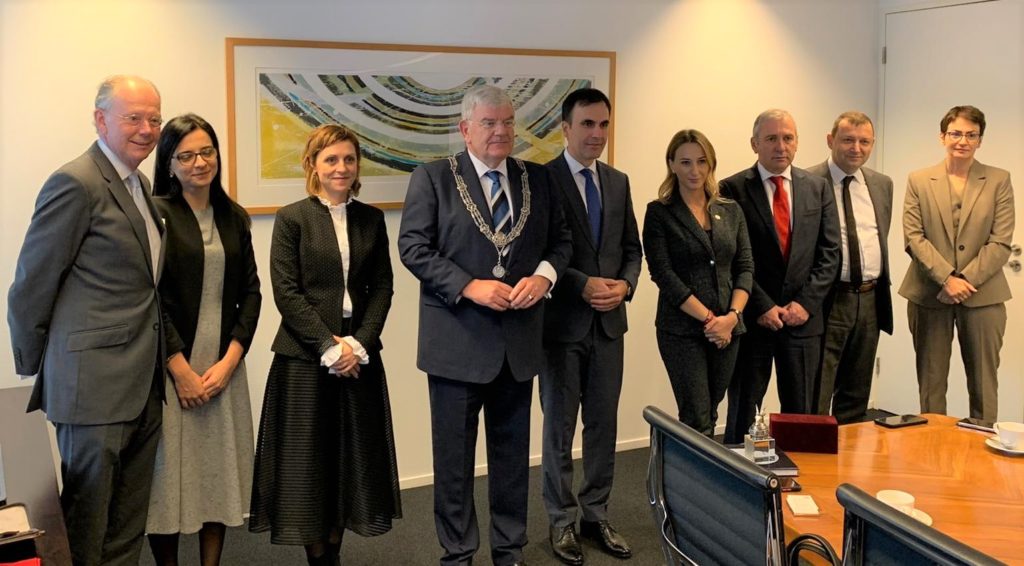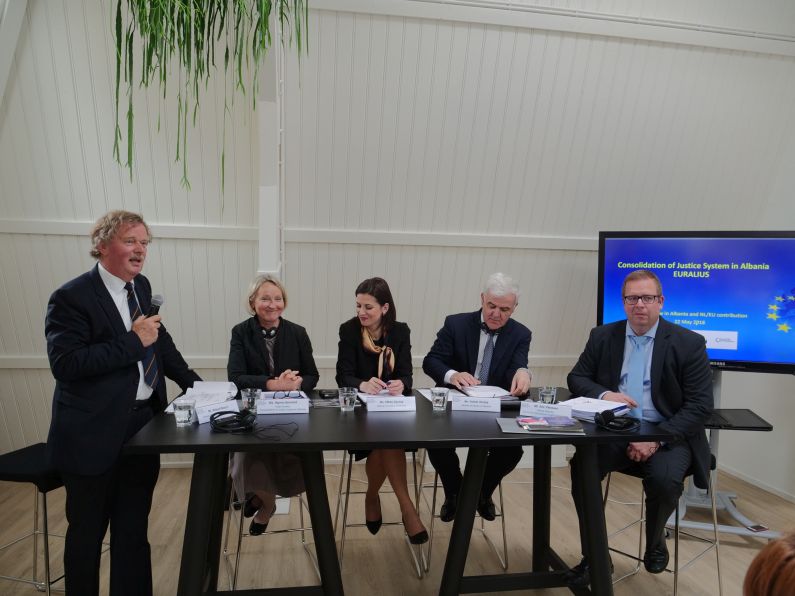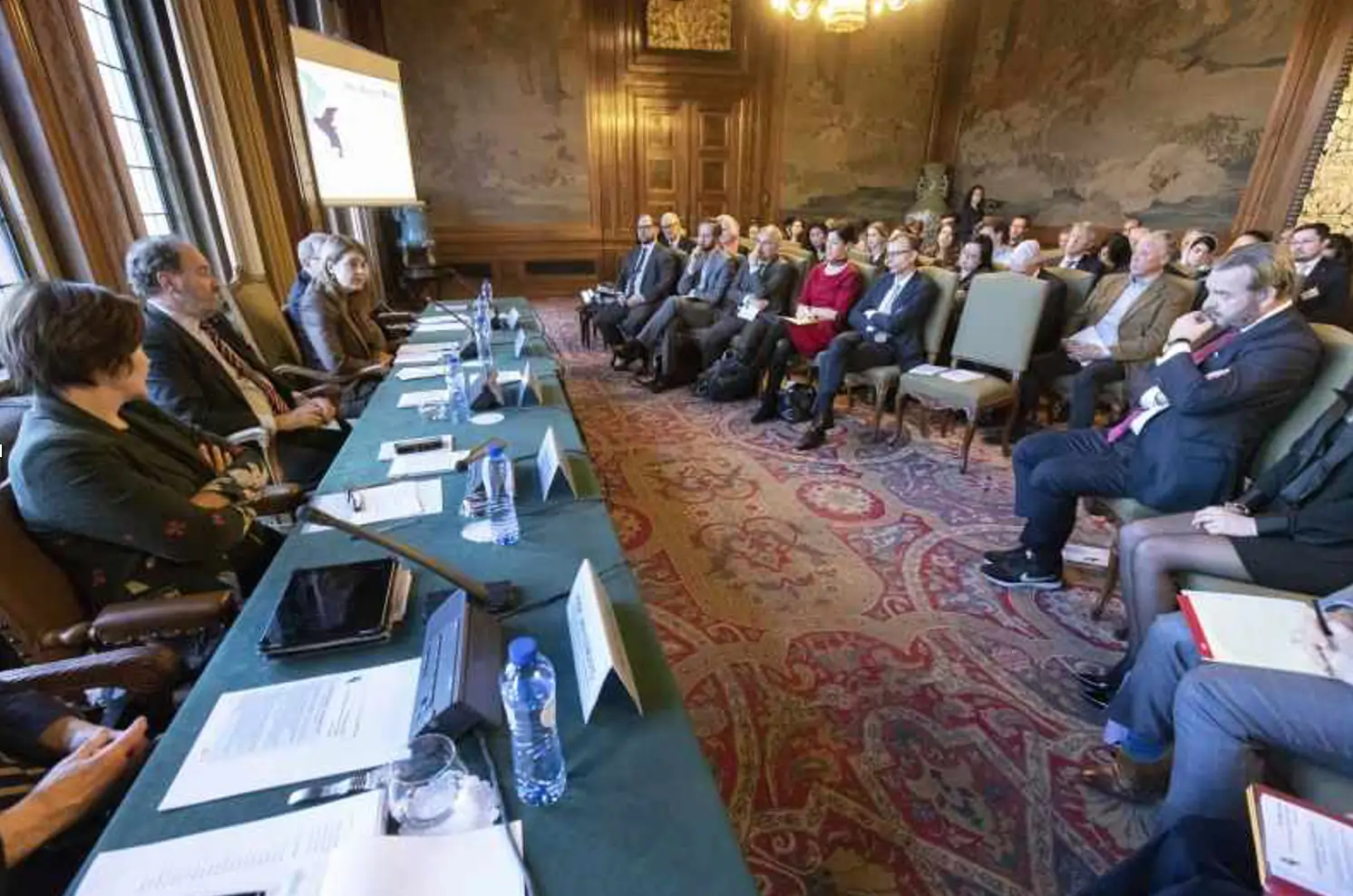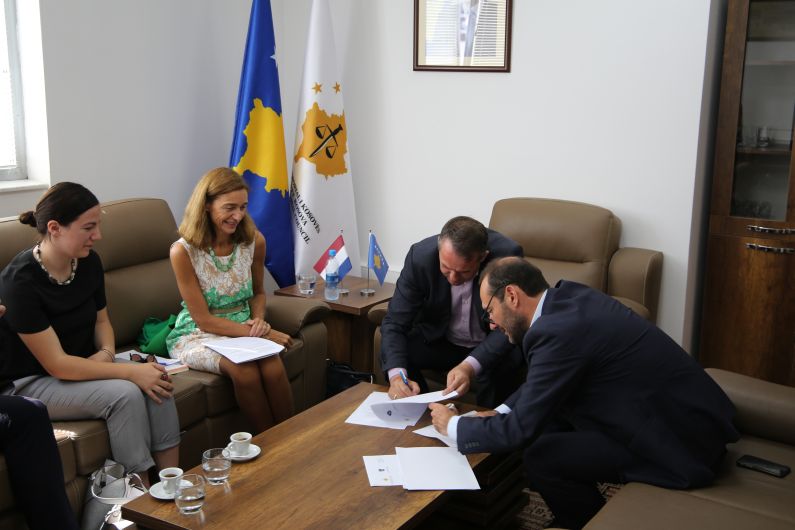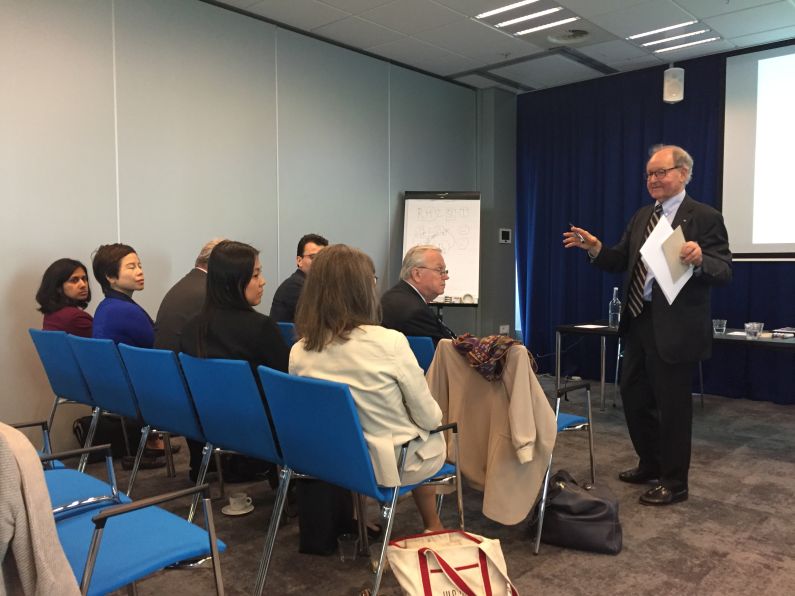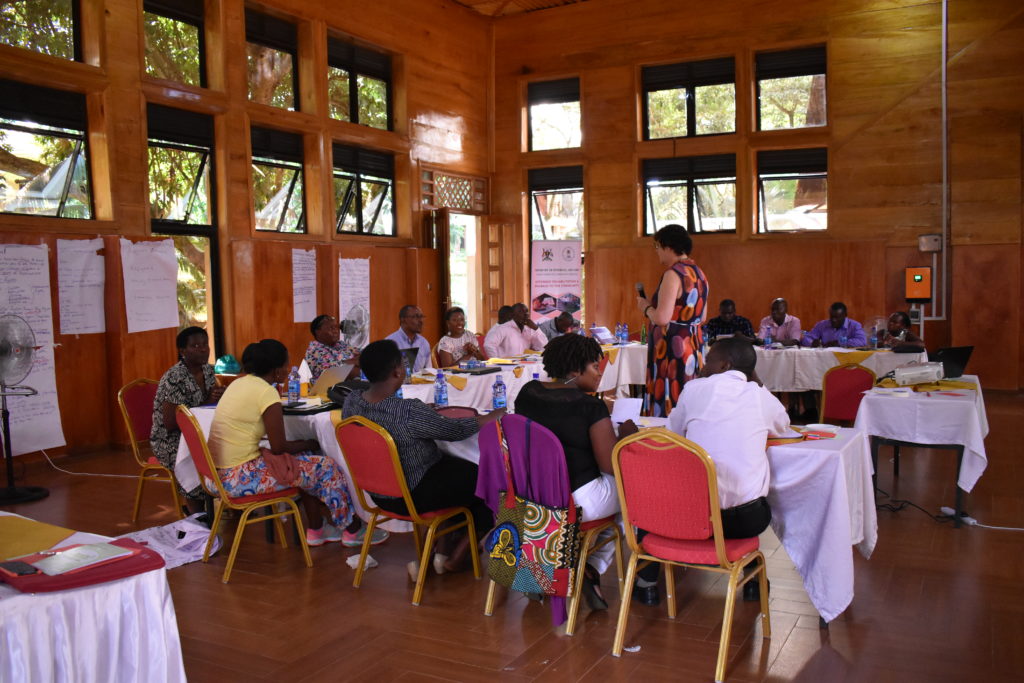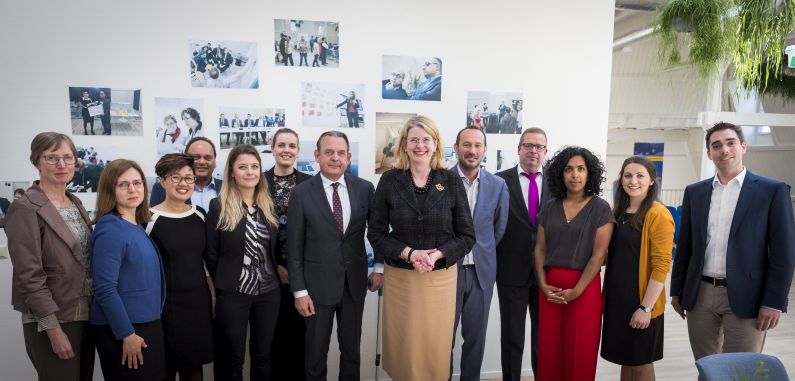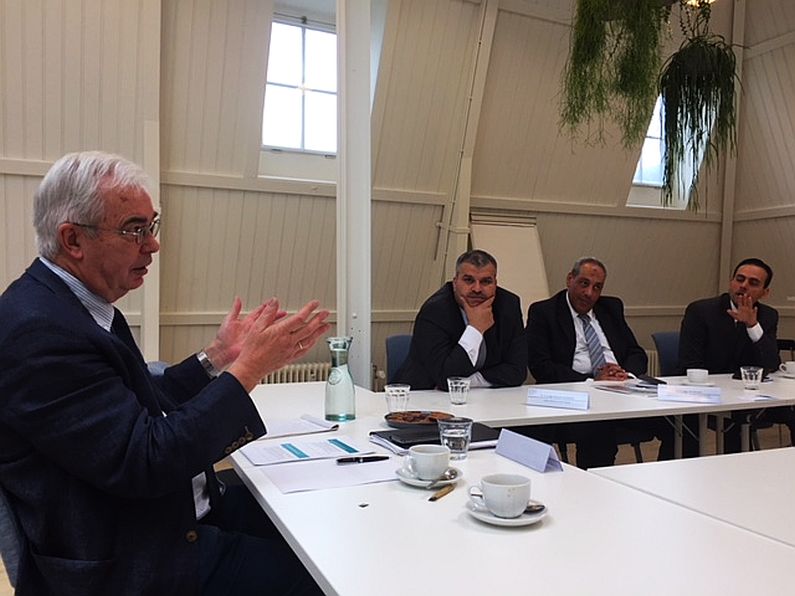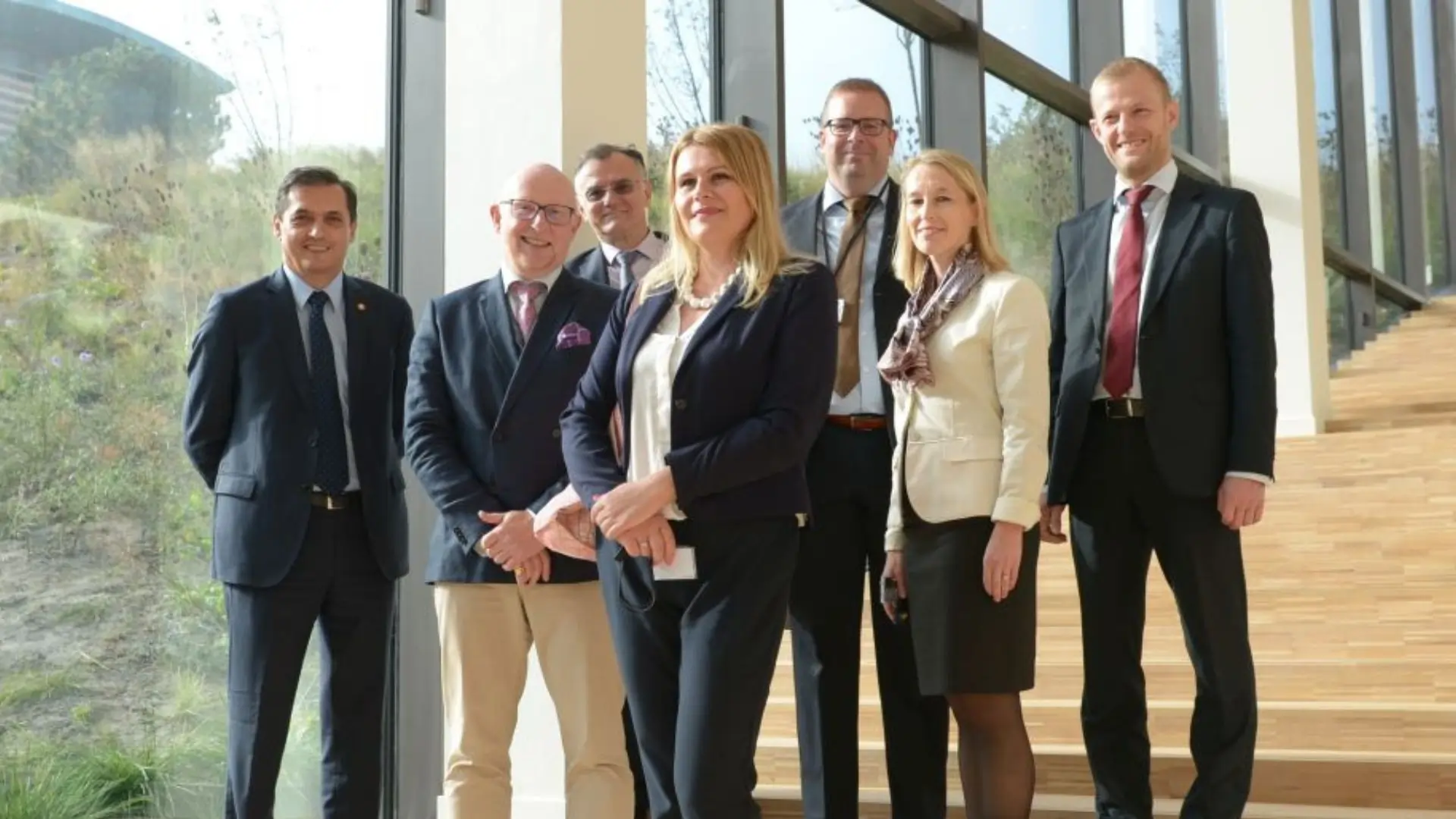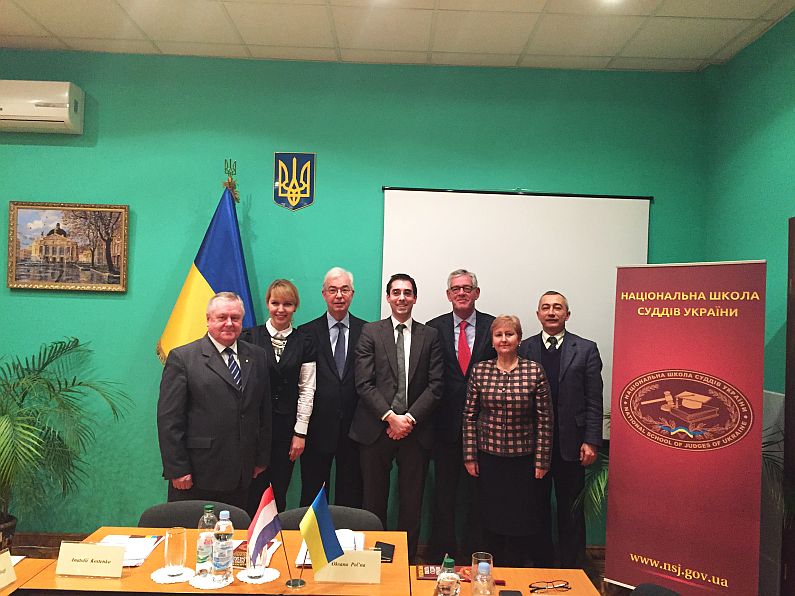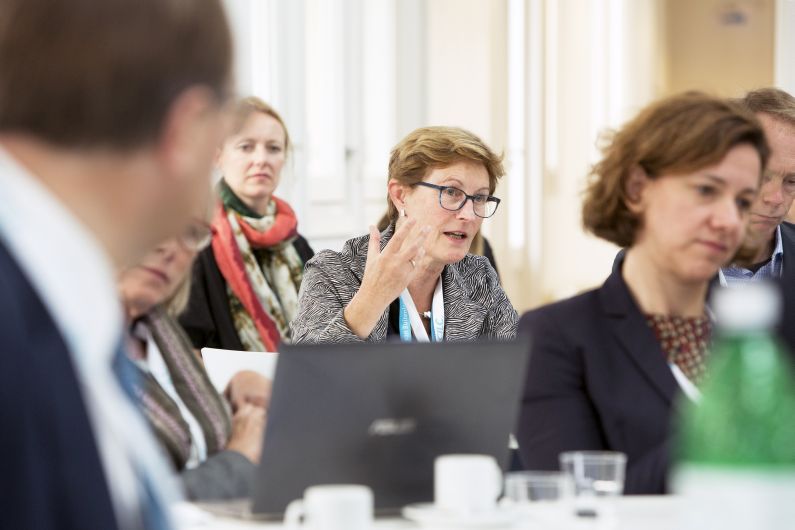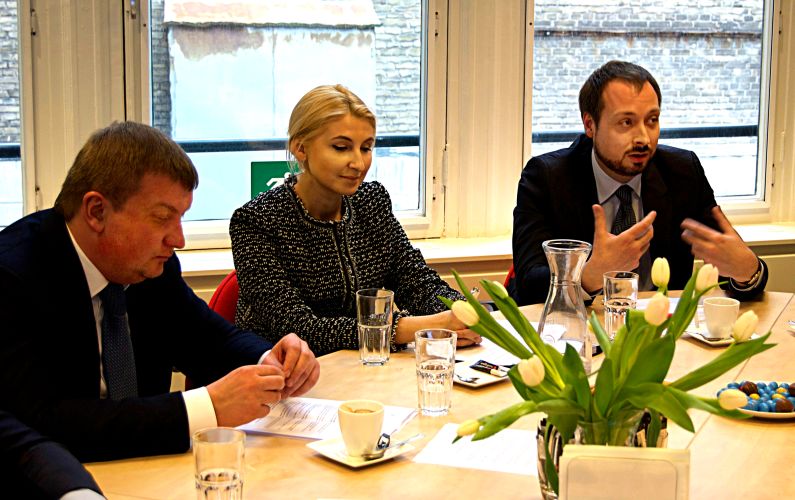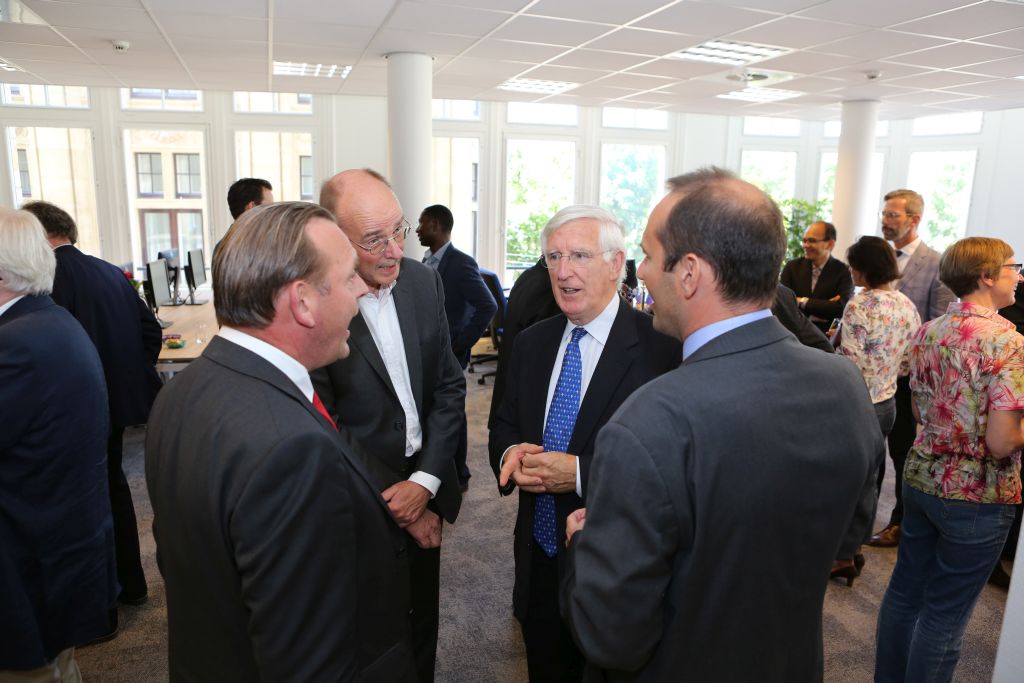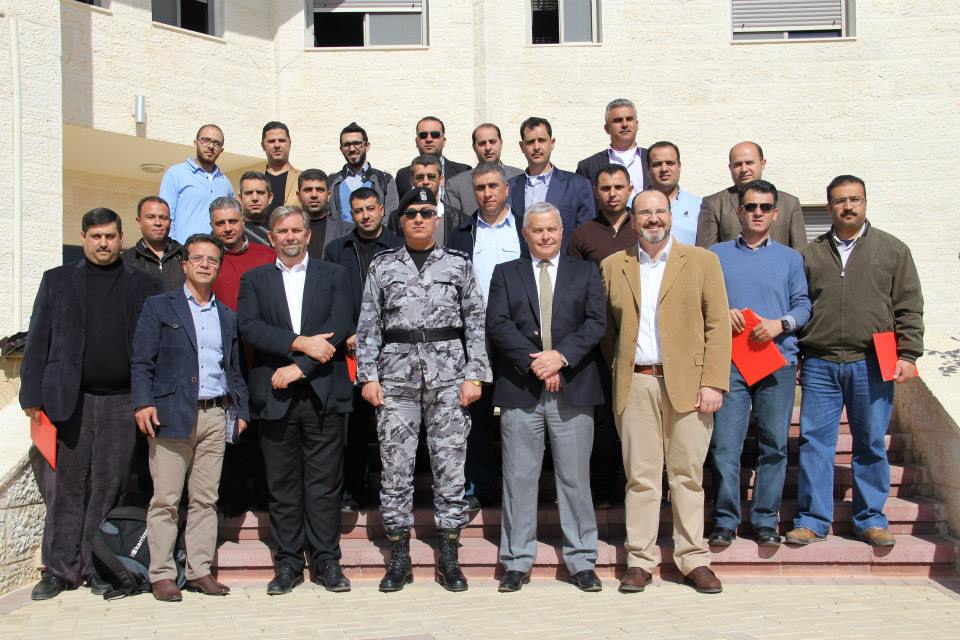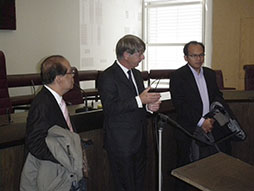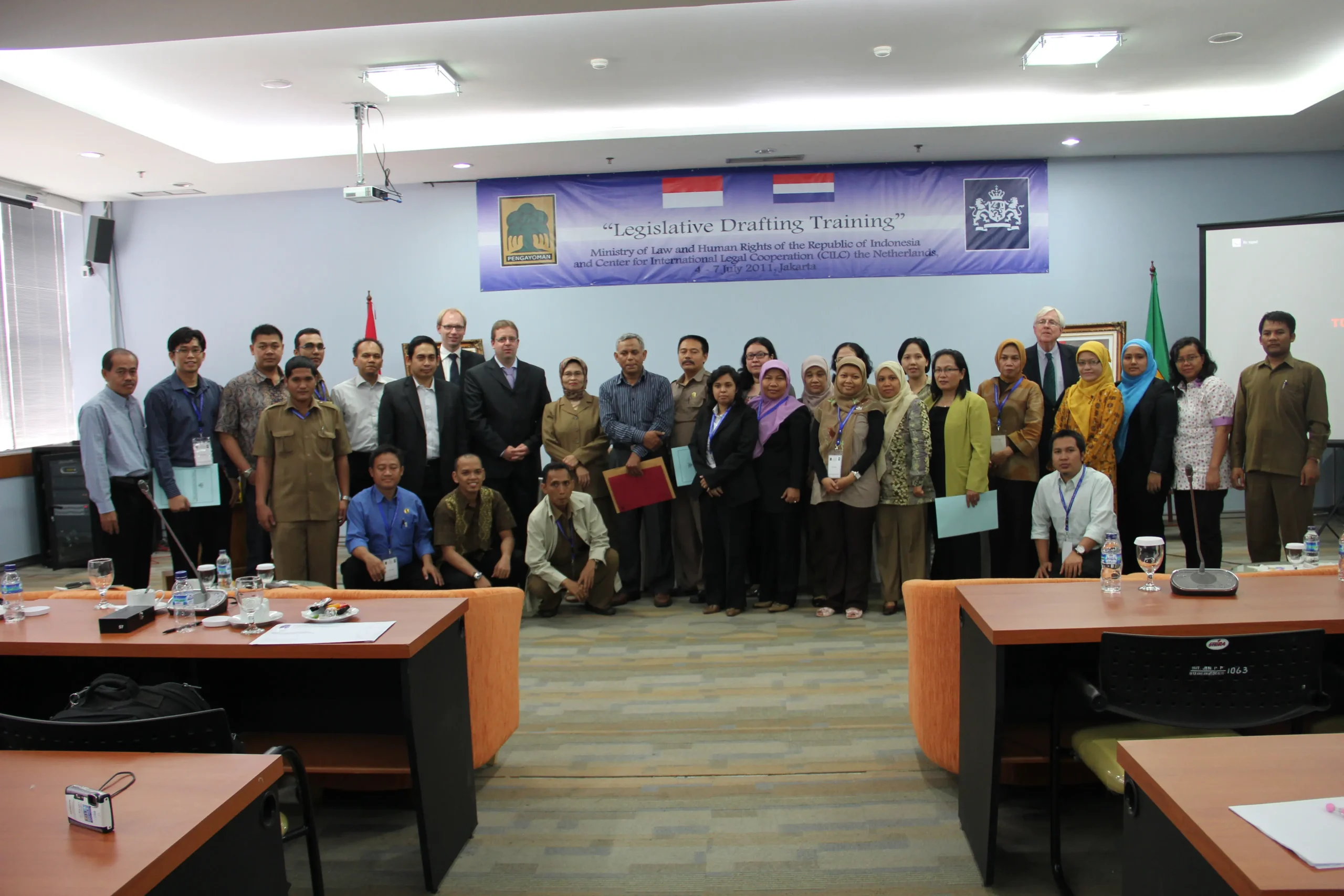Stay informed
Latest news & updates
Here, you’ll find the latest updates on our work, insights into our ongoing projects, and stories about the impact we’re making around the world.
 Filter
Filter
Close
Public enforcement officers play a crucial role in ensuring the rule of law and the enforcement of court decisions across Europe.
The “Balkans Enforcement Strengthening Project” (BESP) funded by the Dutch Ministry of Foreign Affairs and implemented by CILC supported a study visit to The Hague from 13th to 16th of May 2025 for representatives from the Ministr
CILC marked its 40th anniversary with a celebration that brought together longstanding partners, beneficiaries, legal experts, and visionaries in international justice reform.
A two-day workshop was held in Pristina on 14th and 15th April, 2025 organized by the Balkan Enforcement Strengthening Project (BESP), funded by the Ministry of Foreign Affairs of the Netherlands, brought together enforcement agen
In Memoriam: Laila al-Zwaini (1965–2025)
Closing Event Marks the Completion of the Project "Enhancing the Efficiency, Accountability, and Transparency of the Judicial Council of North Macedonia"
this Steering Committee Meeting marks the start of a 4.5-year journey to strengthen citizen security and provide law enforcement assistance in Bosnia and Herzegovina.
CILC’s BESp Project organized a Regional Workshop on Cross-Border Enforcement in the Western Balkans, followed by a Roundtable on the implementation of the HCCH Conventions.
Our “Balkan Enforcement Strengthening Project” (BESP) project held a media workshop in Strumica, North Macedonia on 26th and 27th February to discuss current issues and principles of enforcement but also demystify enforcement
BESP - The Balkan Enforcement Strengthening Project held a Pilot Regional Workshop on Cross-Border Enforcement in Durres, Albania on 5th,6th and 7th March 2025.
The "Balkans Enforcement Strengthening Project" extends its support to thе Academy for judges and public prosecutors in North Macedonia
A regional workshop on Disciplinary Proceedings and Ethics in the Western Balkans took place on February 24-25 in North Macedonia, bringing together key stakeholders.
CILC and the Asser Institute travelled to Lviv in Ukraine to have discussions with high level representatives of the Justice Sector and the Ministry of Justice on how to support them in the EU accession process and accountability
Whether you are a (legal) expert, donor, or partner, your commitment to justice is what drives meaningful change.
Members of the ‘Strengthening Enforcement in the Western Balkan Countries’ project team met with the North Macedonian Minister of Justice Igor Filkov and representatives of the country’s Ministry of Justice on 22 October 2024.
Uniting 61 nationalities over 2 days, the 6th World Probation Congress, a global event of significance, was held from the 16th to the 18th of April in The Hague.
Ljupcho Kocevski, Public Prosecutor of North Macedonia, met with EU4FAST project representatives, led by Erik Vincken, Deputy Director of CILC, to discuss combating smuggling and human trafficking in the Western Balkans.
CILC organized the Kick-off meeting of the EU project “The Voice of the Child”.
The ‘Countering Serious Crime in the Western Balkans - IPA2019’ project, ending on 31 Dec 2023, aims to strengthen ties between Western Balkan prosecution offices, law enforcement, and European agencies.
On Friday 21 April, the Minister of Justice of Montenegro, Mr. Marko Kovač, signed the Judgments Convention during a festive ceremony at the Ministry of Foreign Affairs of the Netherlands in The Hague.
November 2022, the time has finally come: the last part of the Shiraka trainings of 2022 took part in Tunis.
Last week CILC’s work in Ukraine was featured in the Dutch Financial Times (Het Financieele Dagblad).
That was the title of a 3-day workshop for 25 Slovenian prosecutors and organized by CILC. The Slovenian prosecution wants to adopt a more pro-active communication approach.
On 28 October 2021, the Mayor of The Hague received the first delegation that visited the Netherlands in the framework of a CILC project since the start of the pandemic.
Last week, Ukraine celebrated its fifth anniversary of probation with a first open forum.
Reforms of the justice system in the Republic of Albania were described as “revolutionary” and “courageous” by Dutch experts participating in a roundtable discussion in The Hague.
The Hague Rules offer a new arbitration tool to resolve corporate human rights disputes and promote greater accountability.
The Hague Rules on Business and Human Rights were officially launched on 12 December 2019 as a new arbitration framework to help fill the global judicial remedy gap for human rights disputes involving businesses.
On 17 October 2019, familiar and new faces joined us at the Netherlands Supreme Court to celebrate 50 years of legal cooperation between Indonesia and the Netherlands.
In June 2019, CILC director Willem van Nieuwkerk visited Pristina to sign a Memorandum of Understanding with KPC Head Bahri Hyseni and Dutch Ambassador Gerrie Willems.
This year a prominent working session of the World Justice Forum held in May 2019 in The Hague was entitled “The Hague Rules: Improving International Dispute Resolution in the Field of Business and Human Rights”.
In December 2018, CILC was granted a new Nuffic project under the Orange Knowledge Programme (OKP) to train staff of the Directorate of Community Service (DCS) in Uganda.
On Thursday 3 May 2018, CILC had the honor of welcoming the Mayor of The Hague Pauline Krikke. The Mayor wanted to learn more about how CILC is promoting The Hague as the International City of Peace and Justice.
From 10-14 September, five judges from Amman's Central Economic Chamber visited the Netherlands to exchange knowledge on judicial systems, specialized chambers, and international arbitration.
Since the IPA2010 project ‘Fighting organized crime and corruption‘, CILC and GIZ have been supporting the authorities on Montenegro to establish closer cooperation with Eurojust.
Phase I of the project Peer 2 Peer 4 Justice Ukraine started. CILC and its Ukrainian partner organisation Centre for Judicial Studies implement this initiative that aims at strengthening the rule of law in the Lviv region.
CILC organised a seminar to discuss challenges and opportunities related to measuring the impact of rule of law initiatives on the 6th and 7th of October 2016 in The Hague.
A group of Border Police officers from Bosnia and Herzegovina paid a visit to the Netherlands for a two-week training programme on document checking.
On Monday 21 March 2016 the Minister of Justice of Ukraine paid a visit to CILC to discuss opportunities for assisting in Ukraine’s judicial reform process.
The recently appointed Secretary General of the Ministry of Security and Justice, Mr. Siebe Riedstra, visited CILC on Tuesday 27 October 2015.
Over the years CILC has had its ups and downs, and it has endured. Today it shows the spirit and energy of a thirty year old global citizen at the beginning of a promising international career.
From 10-14 September, five Jordanian judges from Amman's Central Economic Chamber visited the Netherlands to exchange insights on judicial systems, specialized chambers, and (international) arbitration.
On Monday 17 November CILC participated in a visibility event to launch the increase of the EU technical assistance to the justice sector reform in Moldova.
On Wednesday 8 October, CILC and the Netherlands Helsinki Committee presented the results so far of the project on probation and alternative sanctions we are jointly implementing in Montenegro.
Between 31 October and 4 November 2011, a high-ranking Indonesian delegation, headed by the president of the Indonesian Supreme Court (Mahkamah Agung) Dr. Harifin Tumpa visited the Netherlands.
Within the framework of Indonesian–Dutch legal cooperation a seminar for legislative drafters took place in Jakarta between 4 and 7 July 2011.
No results. Please adjust your filter.
